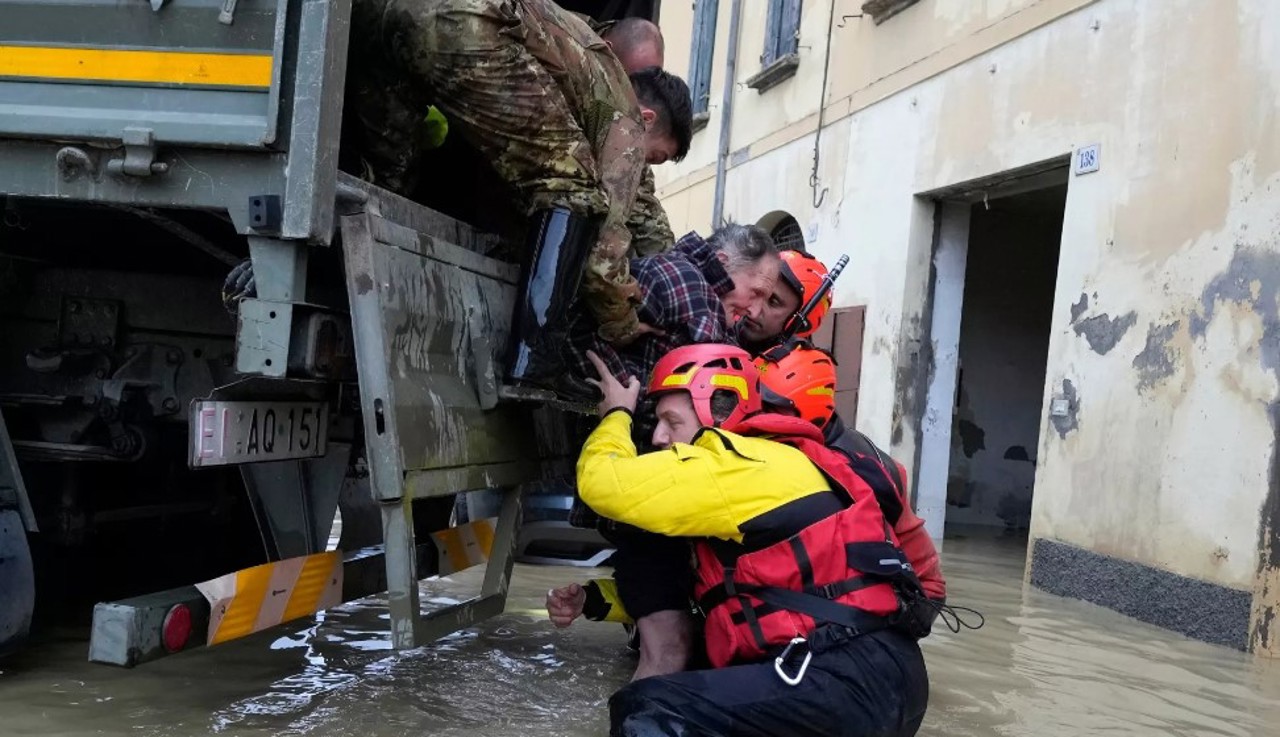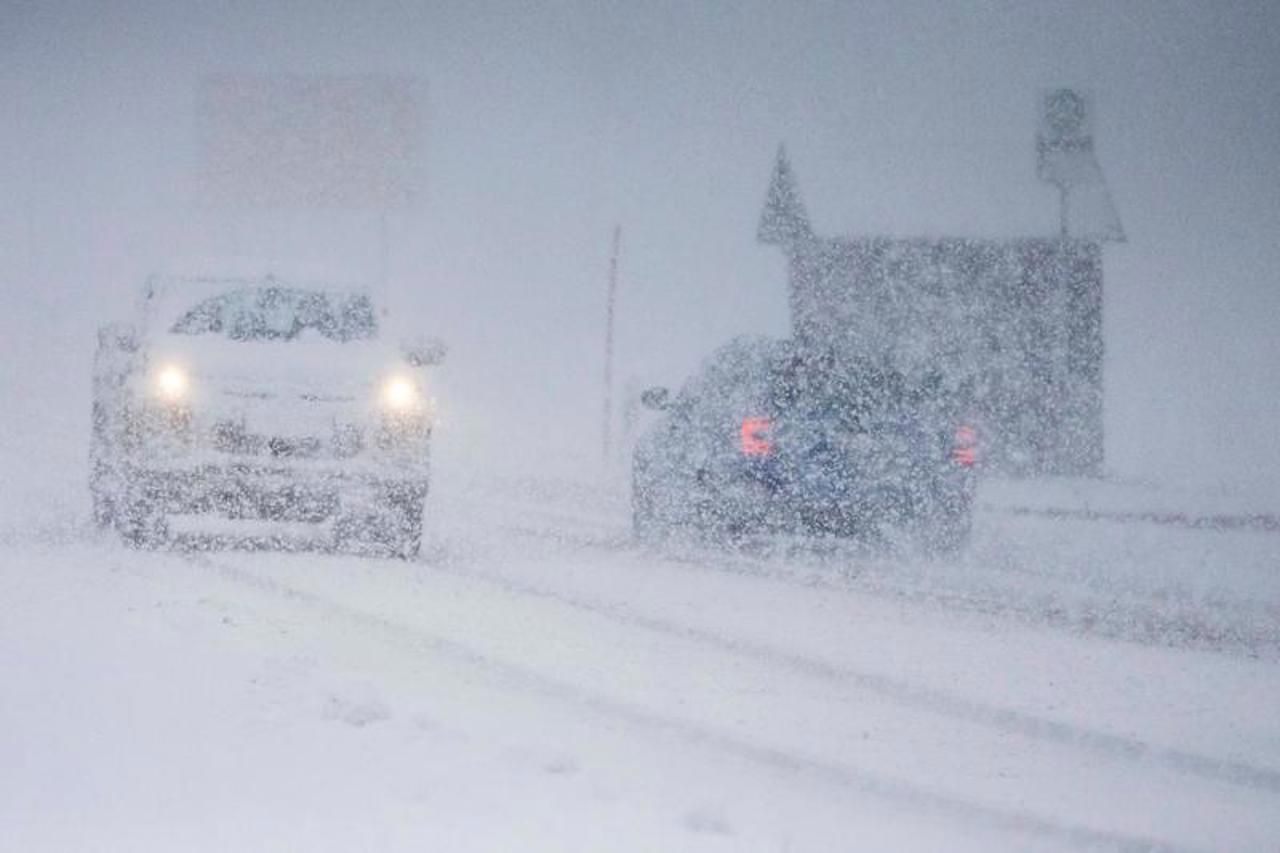Europeans Fear Climate Change More Than War: New Study Reveals Public Priorities
A new study by Debating Europe reveals that Europeans are more concerned about natural disasters than armed conflicts, as reported by Euronews.

The report, released just ahead of the European Parliament elections, surveyed over 2,000 people in seven EU countries: Belgium, France, Italy, Germany, Poland, Spain, and Sweden. Participants were asked about the most pressing issues facing Europe today.
Climate change emerged as a major concern among Europeans. Many participants emphasised the urgency of addressing climate change after decades of inaction. However, some expressed pessimism about the possibility of entirely avoiding the worst effects, with a few even suggesting that "little remains to be saved."
"We all lose when we fail to act on climate change," remarked Julia, a participant from Spain.
The study also explored potential solutions to climate change. Respondents proposed taxing large polluters and curbing excessive consumption as key strategies.
Technology's role in combating climate change received qualified support from participants. While acknowledging its potential benefits, they stressed the importance of a human-centred approach. The study participants cautioned against overreliance on technology as a solution to climate change.
Public transportation upgrades were another key area of focus. Participants from all surveyed countries called for prioritising public transportation to reduce dependence on cars. Even countries with well-developed transportation systems, such as Germany, Sweden, and France, saw room for improvement, particularly in neglected rail infrastructure.
The need for more political action on climate change was a recurring theme throughout the study. Participants demanded a stronger response from political leaders to address this critical challenge.
The link between fossil fuels and security was another key takeaway from the study. Participants, particularly from Germany and Italy, highlighted the role of fossil fuels in financing "unfriendly" governments. Some saw Russia's invasion of Ukraine as a stark warning about the social costs of relying on imported oil and gas.
Discussions on security centred largely on climate-related natural disasters, perceived as a greater threat within the EU than potential armed conflicts. Alarmed by the rising frequency of these events, participants urged authorities to take stronger action to prevent and mitigate the effects of extreme weather events, droughts, and other natural disasters that can seriously disrupt daily life.
Translation by Iurie Tataru






